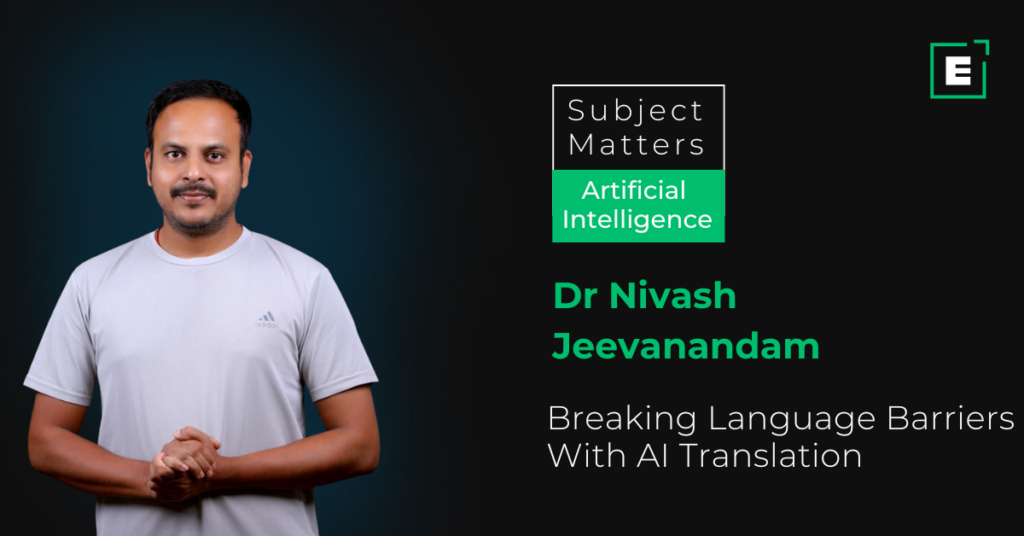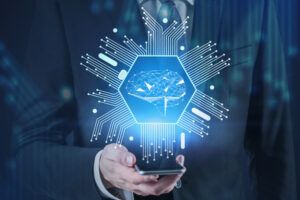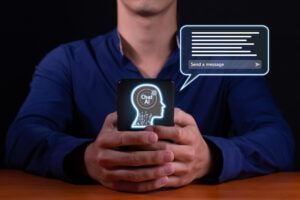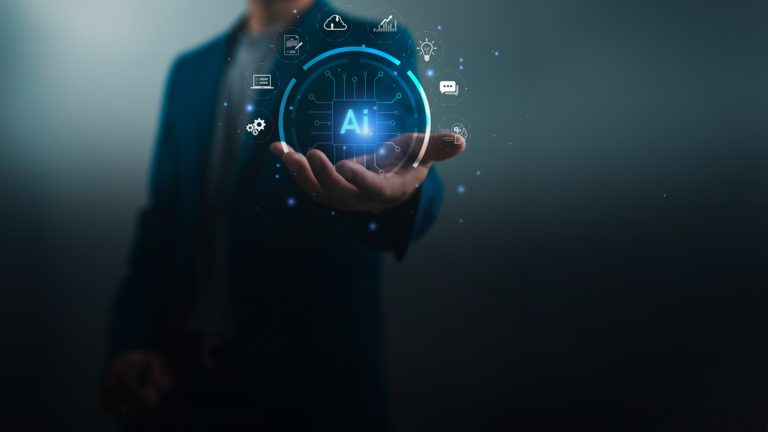How AI for Translation is Transforming Communication Across Borders

The future holds numerous promising applications of AI for translation. As levels of precision and dependability rise, AI can be utilized to facilitate the real-time translation of vast quantities of source text. Furthermore, translation technology and machine learning can assist human translators. AI translation can help internal teams facing pressing deadlines and growing burdens augment productivity and mechanize rudimentary translation duties.
Software still needs to generate natural language translation with an absolute certainty of one hundred percent accuracy. On the contrary, forthcoming advancements and the swift progression of artificial intelligence are rendering AI translation progressively applicable to routine communications.
Uses of AI for Translation
 1. Enabling International Commerce
1. Enabling International Commerce
This is a transformative tool for businesses. It allows enterprises to effectively connect with partners, consumers, and clients who speak different languages. AI guarantees precision, uniformity, and effectiveness in translating various text types such as marketing materials, legal papers, and customer queries.
2. Improving Intercultural Communication
It is transforming cross-cultural communication. Individuals and companies can establish connections, exchange ideas, and cooperate with others in other countries, even if they do not share a similar language. These consequences significantly impact diplomacy, international relations, and global collaboration.
3. Overcoming Obstacles in Education
The language barrier is now an obstacle when accessing educational resources. AI-powered systems enable the widespread sharing of knowledge, ensuring that academic content is accessible to learners globally, irrespective of their mother tongue. It represents a notable advancement in making education more accessible to all individuals.
4. Global Healthcare
AI translation in the healthcare industry significantly contributes to preserving human lives. Healthcare providers can get scientific articles, medical records, and diagnostic instruments in multiple languages, facilitating quicker and more precise diagnoses and treatments. It has been especially crucial during worldwide health emergencies.
Will AI Replace Human Translators?
Even as AI for translation progresses, it is unlikely to replace traditional language learning and human translators completely. Languages matter, regardless of how much AI for translation technology advances. They rely on precise grammar rules and subtle organization. Finally, even the most accessible language families are pretty abstract. The human aspect will always play an essential role in language learning.
The same principle applies in the translation industry. AI-powered translations are becoming more reliable, but there is still room for error that necessitates the involvement of human translators. At the very least, proofreaders must review any machine translations. Depending on the end user, substantial editing may be necessary. AI for translation may reduce the workload of human translators, but it does so by changing how they operate rather than replacing them.
How Can Human Translators Use AI Machine Translation?

AI translation technology is no match for the human brain. However, it can be used to complete more basic translation tasks, freeing human translation teams to work on more time-consuming and complex jobs.
Translation software is frequently used to handle the initial round of translations. It lets humans join the fray later, concentrating on sentence structure and grammar norms. It allows translators to work on other projects and minimizes their risks of experiencing exhaustion and burnout. Human translator teams make fewer mistakes regarding large quantities and high-stakes tasks. Moreover, AI is becoming more intelligent, and translation software is becoming more reliable. It will only make the life of a human translator easier.
Leveraging AI Translation for Languages
While AI translation of languages has enormous potential, we must negotiate possible problems such as privacy, bias, and cultural sensitivity. Ensuring that these systems respect linguistic variety and preserve user data is critical.
AI for language translation is transforming the way we communicate and interact on a global scale. It enables businesses to broaden their reach, educators to share knowledge, healthcare experts to save lives, and individuals to communicate across boundaries. As AI advances, researchers, authors, and publishers must manage the ethical problems connected with prejudice while ensuring that the human touch remains a vital part of the translation process. The future promises tremendous opportunities for the translation field in scholarly publishing and the scientific community, and these improvements will aid in transmitting knowledge beyond language boundaries.
NOTE: The views expressed in this article are those of the author and not of Emeritus.





